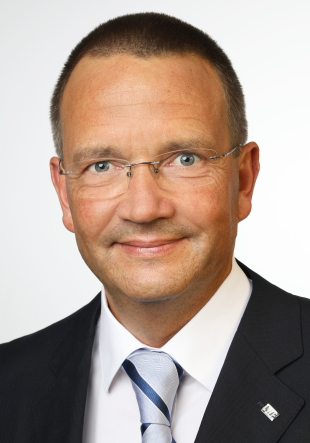Huge success in research to improve production processes
The German Research Foundation (DFG) extended its funding for the Collaborative Research Centre (CRC) ‘Method development for mechanical joinability in versatile process chains’ at Paderborn University. The CRC/Transregio 285 received around 11 million euros for its second four-year funding phase. Researchers from Paderborn University, TU Dresden and FAU Erlangen-Nürnberg have been working together within this interdisciplinary CRC in the field of product manufacturing since 2019. Their goal is to develop flexible joining technologies that break down previously rigid procedures and enable an adaptable process chain. This should allow modern production processes to be adapted to keep up with increasing product diversity thanks to different materials and construction methods.
Flexible joining and adaptable process chains
In all areas of product manufacturing, whether vehicle construction, medical technology or household appliance technology, constructions made of individual components are usually joined to more or less complex structures with numerous joints. However, growing product diversity, increasingly short model cycles, and environmental framework conditions are posing major challenges for availability in production processes.
Professor Gerson Meschut, the CRC spokesperson and head of the Laboratory for Material and Joining Technology (LWF) at Paderborn University, explains: ‘Growing demand for light yet stable structures for products is increasing the requirements for joining technology. In the CRC, we are therefore examining the entire process chain, from the raw material to construction to finishing.’
Mechanical joining procedures previously had inflexible configurations for the relevant product. This limits freedom of design in terms of both the choice of materials and the manufacturer’s design options. If changes are made to production (e.g. altering the sheet thickness of automobile bodywork), all adjustments must be verified via experimentation. This is something that researchers are seeking to change. They are investigating ways that targeted changes in product development could be made in resource-saving ways as part of versatile process chains. This should enable precise adjustments to be made to individual process steps.
Six Collaborative Research Centres at Paderborn University
Collaborative Research Centres are long-term university research institutions where researchers collaborate as part of an interdisciplinary research programme. They are funded by the German Research Foundation (DFG) and enable innovative, ambitious and elaborate research projects. Paderborn University is currently heading up six CRCs, with Paderborn researchers involved in a further two.




